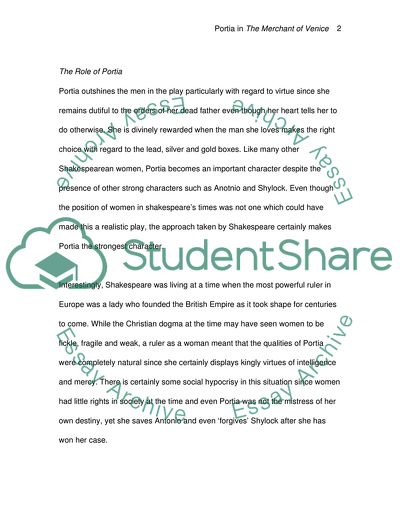Cite this document
(Women in Shakespeare's Merchant of Venice Essay, n.d.)
Women in Shakespeare's Merchant of Venice Essay. Retrieved from https://studentshare.org/literature/1546031-women-in-shakespeares-merchant-of-venice
Women in Shakespeare's Merchant of Venice Essay. Retrieved from https://studentshare.org/literature/1546031-women-in-shakespeares-merchant-of-venice
(Women in Shakespeare'S Merchant of Venice Essay)
Women in Shakespeare'S Merchant of Venice Essay. https://studentshare.org/literature/1546031-women-in-shakespeares-merchant-of-venice.
Women in Shakespeare'S Merchant of Venice Essay. https://studentshare.org/literature/1546031-women-in-shakespeares-merchant-of-venice.
“Women in Shakespeare'S Merchant of Venice Essay”, n.d. https://studentshare.org/literature/1546031-women-in-shakespeares-merchant-of-venice.


